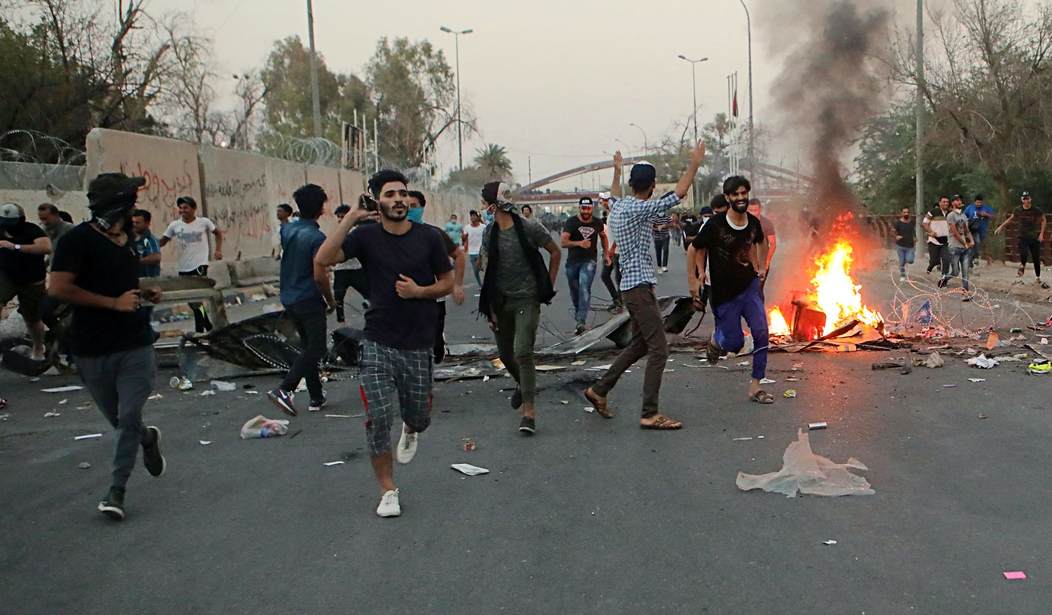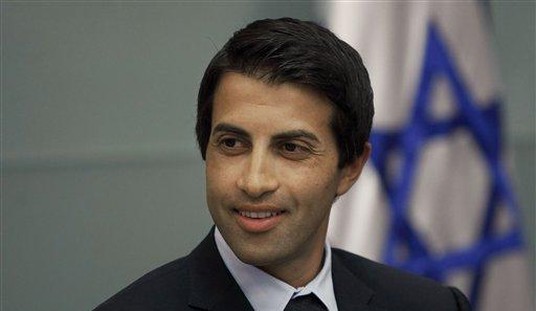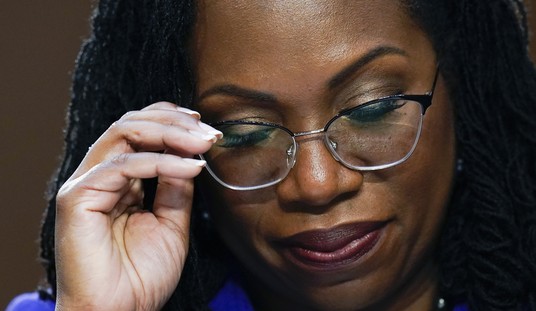“Who are you, and what did you come to do here in Iraq?”
“We’re a humanitarian organization, and we work to help communities that are victims of war.”
“No! You are spies.”
Alexandre Goodarzy wasn’t really a spy at all. He was a genuine humanitarian worker, working with a Christian group, SOS Chrétiens d’Orient, that actually was dedicated to aiding people in war-torn Syria. But in January 2020, while on a trip to Baghdad to attend a Shi’ite Muslim commemoration as a Christian representative as a gesture toward healing the divisions of the war in Iraq, Goodarzy was kidnapped.
A terrifying ordeal ensued of being held at gunpoint, blindfolded, and interrogated in order to discover his nonexistent spying activity, with a small group of other Christians with whom he had been traveling. Now, in Kidnapped in Iraq: A Christian Humanitarian Tells His Story, he tells the whole story of how he was taken captive and survived by the power of his Christian faith, as he and his fellow prisoners “tried to schedule our lives around regular prayer and a common meal, trying to live as willing monks rather than coerced prisoners.”
This was no easy task. Their captors assured them that they didn’t belong to ISIS, but as Shi’ite jihadis, they were hardly less brutal and inhumane, initially keeping their captives in a filthy, freezing room where they slept on the floor and had a choice to shiver in the cold or cover themselves with blankets so filthy that their stench made the captives nauseated. Even worse than the appalling conditions was the psychological torture: at one point during their captivity they were told, “As for your families, you can forget about them. You’ve had a whole lifetime to enjoy them, but all of that’s over now. You won’t be seeing them again. Your lives will end here.”
As it turned out, they didn’t. Goodarzy and his fellow captives were eventually freed. And not only does Kidnapped in Iraq tell a story that is more thrilling and skillfully plotted than the best of adventure films, but Goodarzy adds a great deal of helpful background about the history and culture of the Middle East, with a perspective that differs sharply from the establishment media’s cursory, oversimplified, and narrative-driven coverage.
At one point he even meets Syrian dictator Bashar al-Assad, who was an unexpected source for a wise insight into why it would be a global tragedy if the embattled Christians of the Middle East were driven altogether out of their ancient homelands. “Christians,” al-Assad told Goodarzy, “ensure peace and understanding among people. They contribute to unity and peace. It is when the Christians are compromised that we have more and worse civil war; without their vanguard in Syria, the Muslims would take us back to the dark ages of the seventh century.”
Goodarzy, however, provides a great deal of information about why the Christian populations of Syria and Iraq are so endangered. He explains:
In every region, the Christians were the minority among the rest of the groups — the Sunnites, Alawites, Druzes, and Kurds. If ISIS fell, the Christians would of course no longer be subject to ISIS persecution, but they would also be at the mercies of every other faction, and they would be stateless. But they also believed that the only way to hold on to their homeland, which they had worked on shaping for centuries, was to find a way to stay in Syria. No Christian, not even one most opposed to Bashar, wanted to become a dhimmi. It was as simple as that.
There is a footnote in the book on the word “dhimmi,” leading to a footnote that states: “A non-Muslim living in Muslim lands granted protected status.” Goodarzy’s statement about how no Christian in Syria wanted to become a dhimmi would have been more clearly elucidated if the note had gone on to explain that this “protected status” involved an institutionalized state of humiliation and submission to Islamic hegemony, accompanied by numerous discriminatory regulations. This “protection” is thus not something genuinely protective, but akin to the “protection” that the Mafia offered.
Related: This Man Thinks Jihad Makes Islam ‘Glamorous’ and ‘Lovable.’ Yes, Really.
That is one small flaw in a superb and gripping book on a topic that has received far less than the attention it warrants in the West. The plight of the Christians of the Middle East is severe; their cultural demise and the end of their presence in that region would have catastrophic consequences worldwide that the foreign policy establishment hasn’t even begun to contemplate. People in Iraq and Syria told Goodarzy about one of those consequences: “What is affecting us here today will strike you tomorrow!”
That does seem certain. Goodarzy himself is stronger for his ordeal, saying: “I don’t thank my kidnappers, but I do hope for the salvation of their souls.” It would be unwise, however, to think that European and American society as a whole will be made stronger by Goodarzy’s ordeal being repeated again and again in Western lands. Yet that day, thanks to suicidal immigration policies, is likely coming.










Join the conversation as a VIP Member